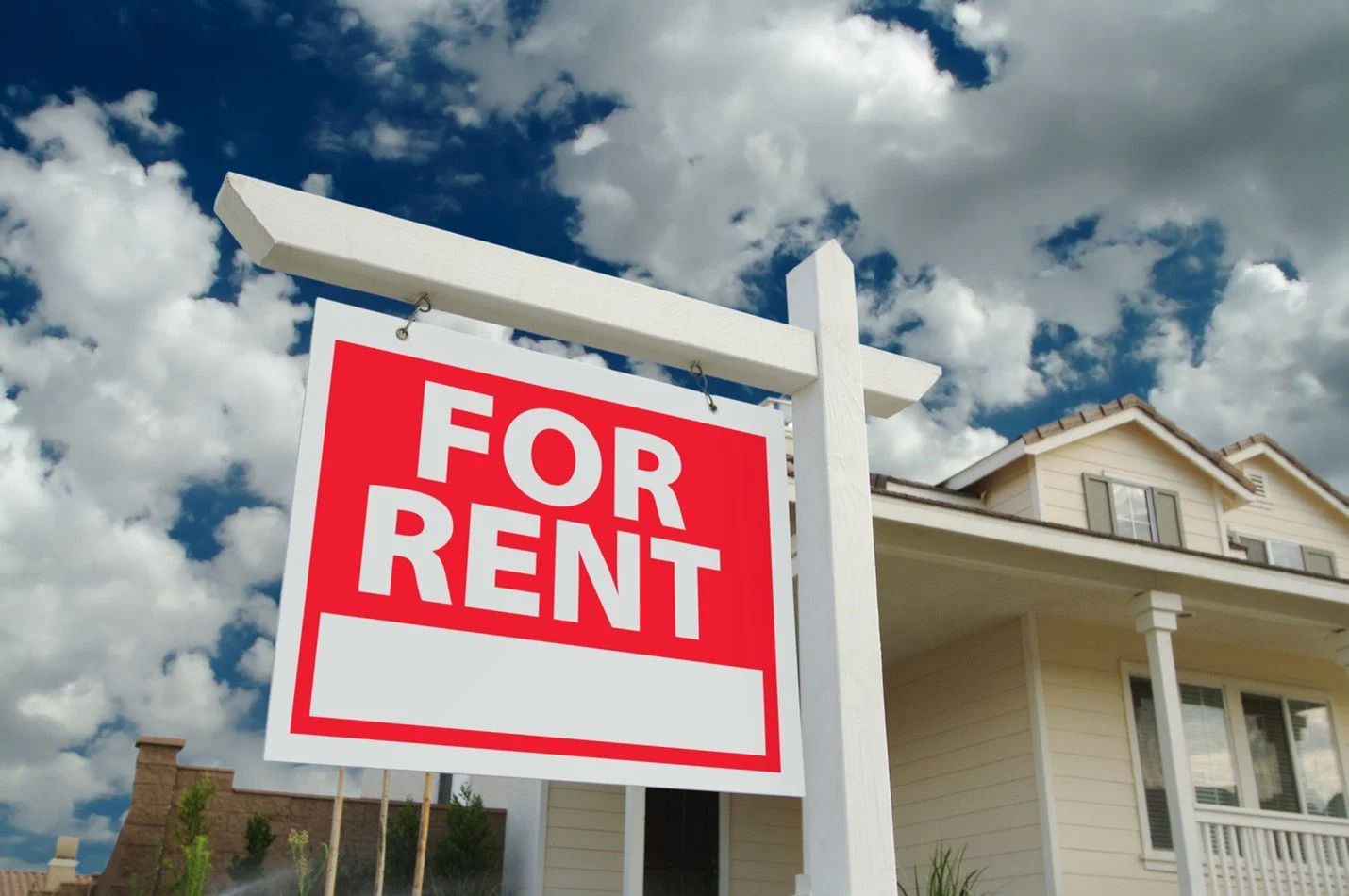If you have a rental property, are you aware of the rules around claiming second-hand depreciating assets?
Second-hand depreciating assets are depreciable items previously used or installed and ready for use in a rental property. These assets may have already existed in the property when clients purchased it, or were used in their private residence before renting it out.
These assets may include:
- flooring, window coverings
- air conditioners, washing machines, alarm systems, spas, pool pumps
- items used for both the rental property and your client’s own home.
The rules around these assets regarding claiming deductions are precise.
A deduction for the decline in value for assets in an existing residential rental property cannot be claimed if you entered into a contract to purchase that property on or after 7:30 pm (AEST) on 9 May 2017.
If your home was turned into a residential rental property on or after 1 July 2017, you can’t claim a deduction for the decline in value for depreciating assets in your home.
You may only claim a deduction for the decline in value for any new depreciating assets you purchase for your residential rental property.
Exceptions
You can claim a deduction for the decline in value of second-hand depreciating assets if any of the following apply:
- You are carrying on a business of letting rental properties.
- You purchased your residential rental property or a second-hand depreciating asset for your residential rental property before 7:30 pm (AEST) on 9 May 2017.
- You used a depreciating asset that you acquired before 7:30 pm (AEST) on 9 May 2017, and then, before 1 July 2017, you installed it at your residential rental property.
- Your rental property is not used to provide residential accommodation; for example, it is let out for commercial purposes (such as a doctor’s surgery).
- The entity that owns the residential rental property is an excluded entity.
- The income-generating activities at your rental property are unrelated to providing residential accommodation (for example, solar panels used in generating income from the sale of electricity).
Claiming assets on your return can be a complicated business – why not make it easier with a consultation with your registered tax agent?


